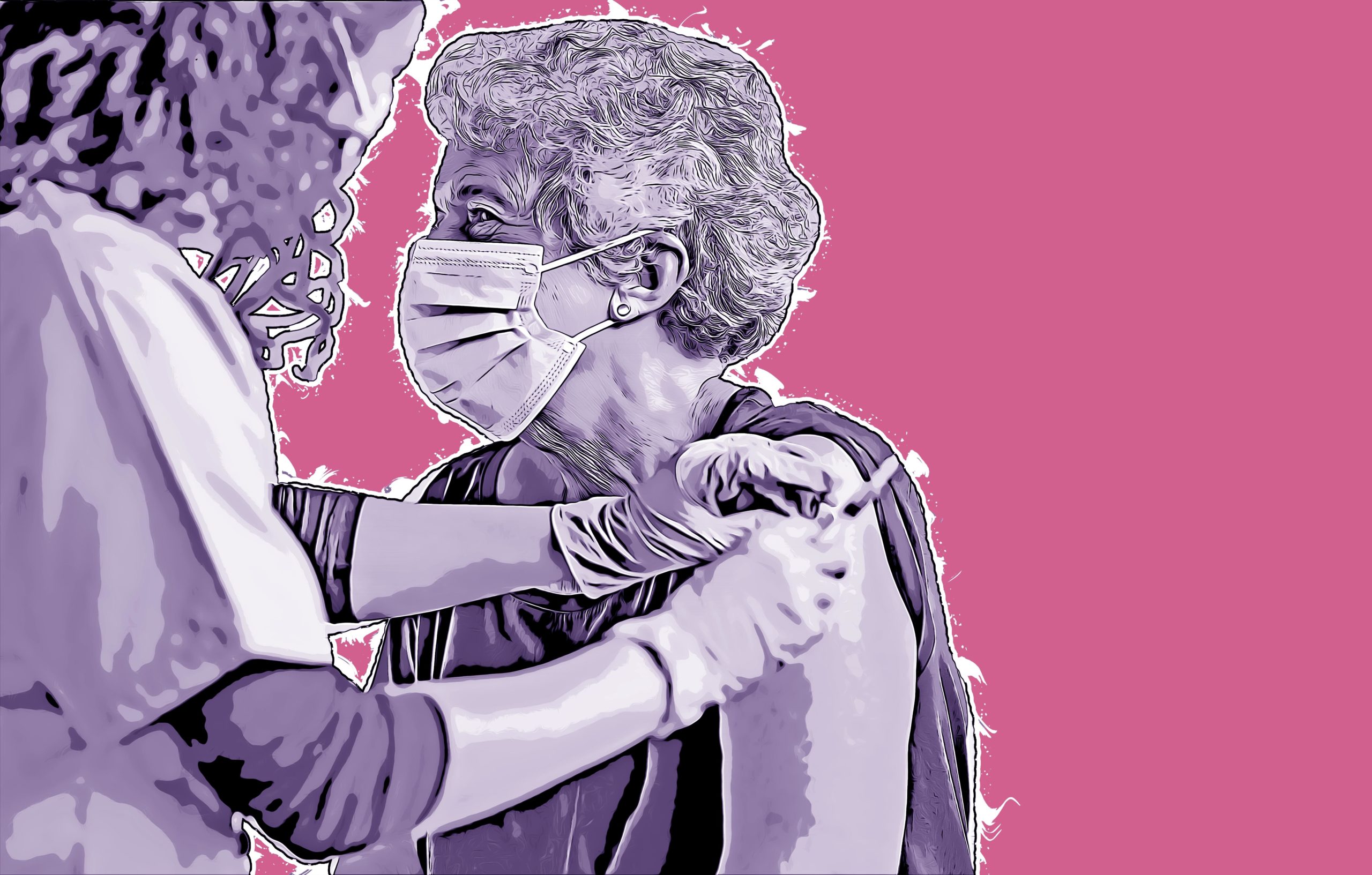Table of contents
The Covid-19 pandemic of 2020 has had a massive impact on all of our lives – sending the global economy into recession and forcing millions of us into our homes to self isolate. However, recent developments have added hope to the prospect that we will return to normality soon. Several vaccines are in the advance stage of testing and development, offering a glimmer of hope that life will return to normal before long.
In this article we outline the details of a few of the most promising vaccines in development. We also speak about the ramifications that this may have for life in the UK and the world at large.
For advice on how to deal with COVID-19 for older adults, and information on residential care during the pandemic, consult our blog: http://nomenial.co.uk/advice-for-older-adults-during-the-covid-19-pandemic/ ; http://nomenial.co.uk/residential-care-homes-and-covid-19-nomenial-blog/
Oxford University/AstraZenica COVID-19 vaccine:
The COVID-19 vaccine currently in development by Oxford University has been shown in trials to be 70% effective in preventing people from developing COVID-19 symptoms. It is administered in two doses. Some evidence suggests that perfecting the vaccine’s dosage could increase its efficacy to up to 90%. The data also suggests a stronger immune response in older people.
The efficacy of this vaccine is lower than some of the other vaccines that are currently in development. However, the advantage of the Oxford vaccine is that pharmacists can store it in standard refrigerated conditions. Pharmacists must store other vaccines in development at much colder temperatures. That means that the Oxford Vaccine will be cheaper and easier to store for longer periods of time, and will be easier to distribute to people who need it globally.
The UK has ordered 100 million doses of this vaccine. Trails with more than 20,000 volunteers are ongoing.
Pfizer/BioNtech COVID-19 vaccine:
Trials with over 43000 subjects have shown the vaccine to be more than 90% effective. The vaccine is administered in two doses, taken three weeks apart. However, pharmacists must store it at approximately -70C. Despite being one of the more expensive vaccines to produce and store, it nevertheless seems to be one of the more promising ones so far in this stage of trials it terms of efficacy.
The UK has ordered 10 million doses for the end of 2020, with another 30 million ordered for the new year. So far no adverse effects have been reported in people that have participated in trials.
Moderna COVID-19 vaccine:
The Moderna vaccine for COVID-19 has been developed using a similar approach to the Pfizer vaccine. At the moment it appears to be the most effective vaccine in development. Trials have demonstrated up to 94.5% effectiveness amongst participants.
his vaccine is administered in two doses, four weeks apart from one another. It has been tested on 30,000 people – half of whom received the vaccine and half of whom received a placebo.
The Moderna vaccine is slightly easier to store than the Pfizer/Biotech vaccine, as pharmacists can store it for up to six months at -20C. The UK government has ordered five million doses for the spring.
Other COVID-19 vaccines in development…
The three COVID-19 vaccines listed above are the most hopeful prospects currently in development, and it is likely that in the coming months some combination of them will be distributed globally to spearhead the effort against the virus. However there are other vaccines in development as well:
Russia is currently developing the ‘Sputnik V vaccine,’ which is said to be 92% efficient so far in trials.
Furthermore, the Wuhan Institute of Biological Products and Sinopharm in China, as well as the Gamaleya Research Institute are all entering into the final testing period.
Distrubution of the COVID-19 vaccine..
Whilst this will depend to an extent on circumstances such as where Covid-19 is spreading – the UK government has stated that senior citizen care home residents and staff will be the first priority, followed by health workers such as hospital staff, as well as people who are over 80 years old and therefore most vulnerable. It goes without saying that the main factors in deciding who will get the vaccine first will be age, followed closely by pontential level of exposure.
What’s next for COVID-19 vaccines?
The next step is for trials of these vaccines to be concluded to ensure that they are safe. Then regulators must appove the distrubution of the vaccine. Researchers still need to determine important factors such as how long protection against the virus following vaccination may last. Studies predict that roughly 60 – 70% of the world’s population must have immunity to prevent the virus’s dissemination and spread. This is known as herd immunity. Expect approval and distribution to start within the coming months…
For more information on the different vaccines, consult these links from the CDC and Mayo Clinic:
https://www.cdc.gov/coronavirus/2019-ncov/vaccines/stay-up-to-date.html







